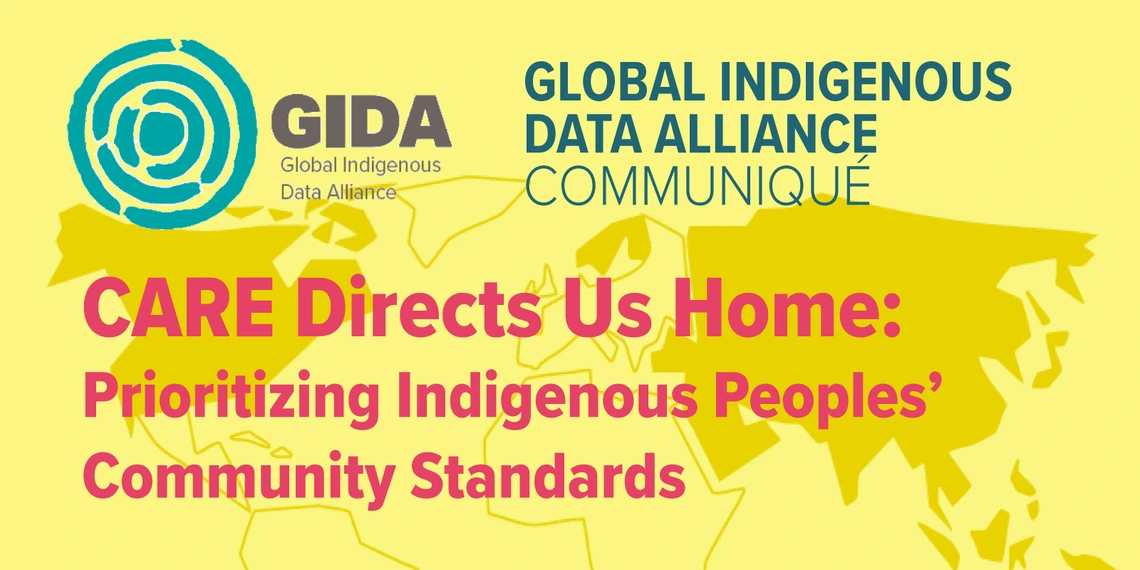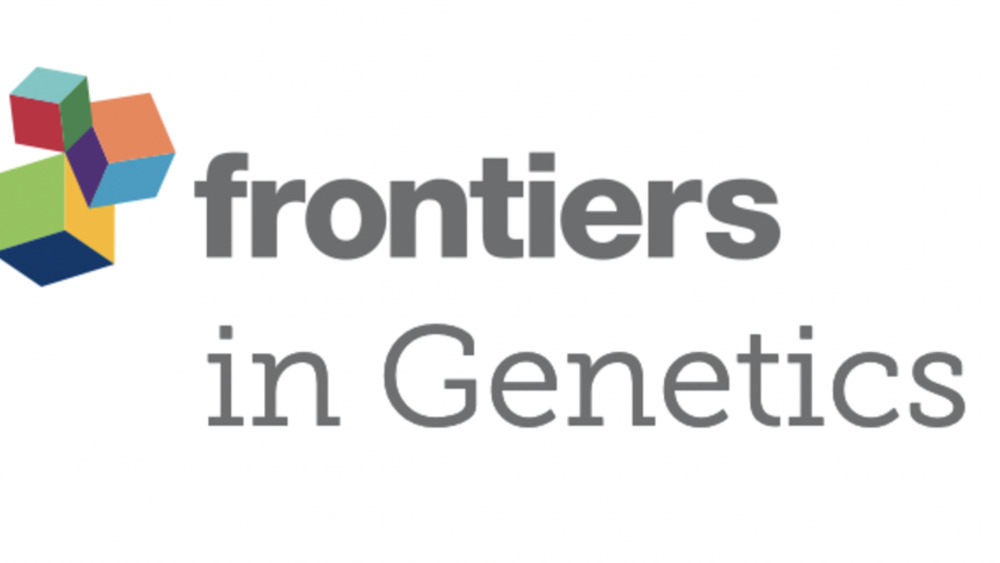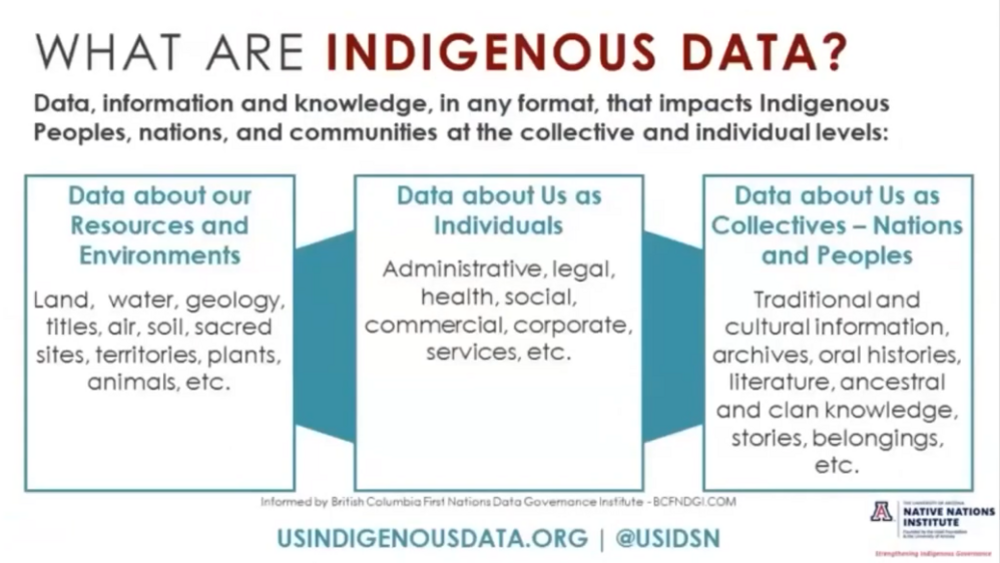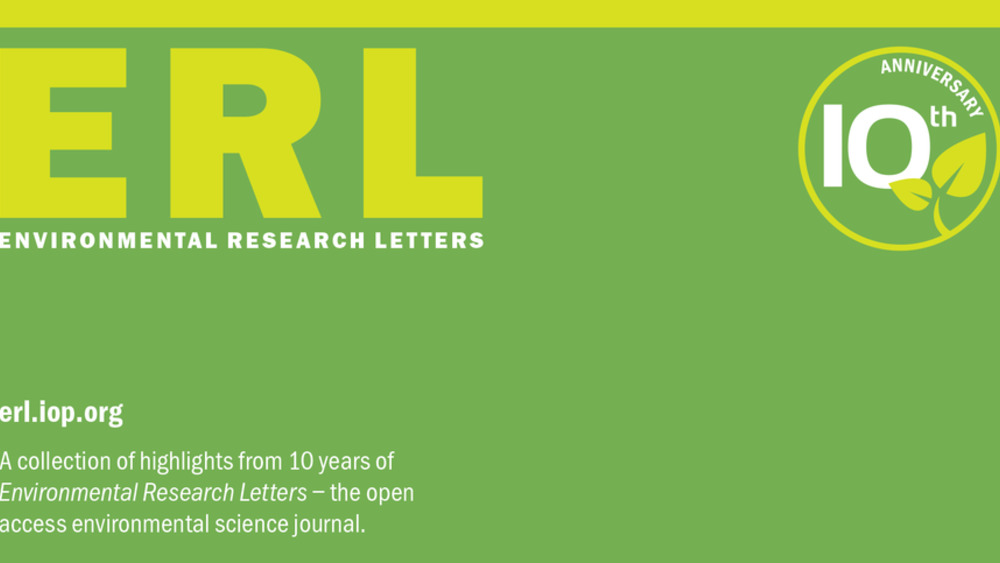In 2019, the Global Indigenous Data Alliance (GIDA) developed and published the CARE Principles for Indigenous Data Governance (Collective Benefit, Authority to Control, Responsibility, Ethics) to complement the FAIR principles for open scientific data management (Findable, Accessible, Interoperable, Reusable) (Wilkinson et al., 2016; Carroll et al., 2020, Carroll S. R. et al., 2021). FAIR are data-centric, focusing on the attributes of data objects themselves. The CARE Principles serve as high-level guidance toward more equitable creation, collection, use, and storage of Indigenous data that focuses on the people to whom data relate, and the purpose for which those data are collected, analyzed, and used. In the six years since their original publication, the CARE Principles have garnered significant interest and induced uptake, informing policy and processes across many institutions, governments, organizations, communities, Tribal Nations, and other data-related entities.1 There has also been interest in applying the principles and framework beyond Indigenous contexts (Lipphardt et al 2021; Suchikova and Nazarovets 2025).
This Communiqué aims to:
- support local Indigenous Data Sovereignty (IDSov) and Indigenous Data Governance (IDGov) initiatives,
- underscore broader CARE application as a minimum standard for all Indigenous data, and
- reiterate CARE’s original purpose of guiding open data projects involving Indigenous data to uphold Indigenous Peoples’ rights and interests.
Additional Information
Riley Taitingfong, Stephanie Russo Carroll, Jacinta Fa’alili-Fidow, Oscar Figueroa, Aaron Franks, Ibrahim Garba, Lydia Jennings, Andrew Martinez, Jacob Prehn, Cassandra Sedran-Price, Susanna Siri, Desi Small-Rodriguez, El-Shadan Tautolo, Jennifer D. Walker, Tahu Kukutai. (2024). “CARE Directs Us Home: Prioritizing Indigenous Peoples’ Community Standards Communiqué.” Global Indigenous Data Alliance.
doi.org/10.6084/m9.figshare.29294120.v1




